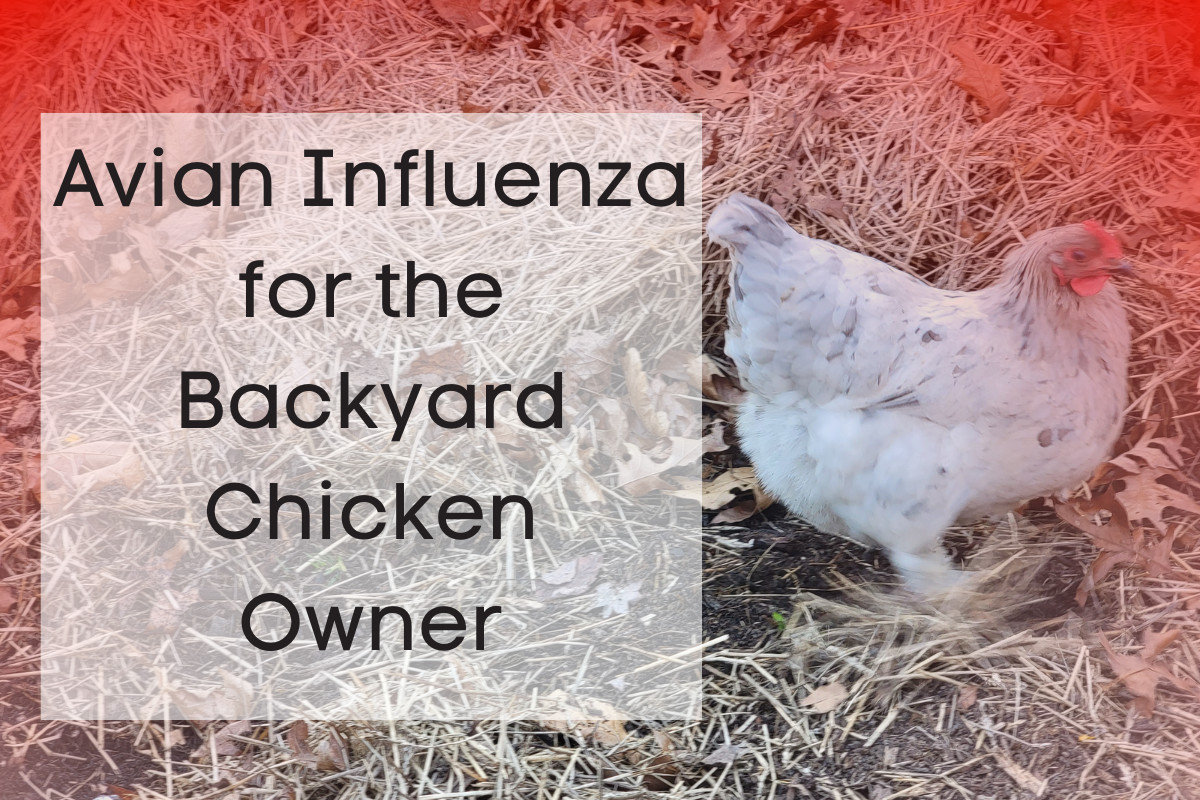
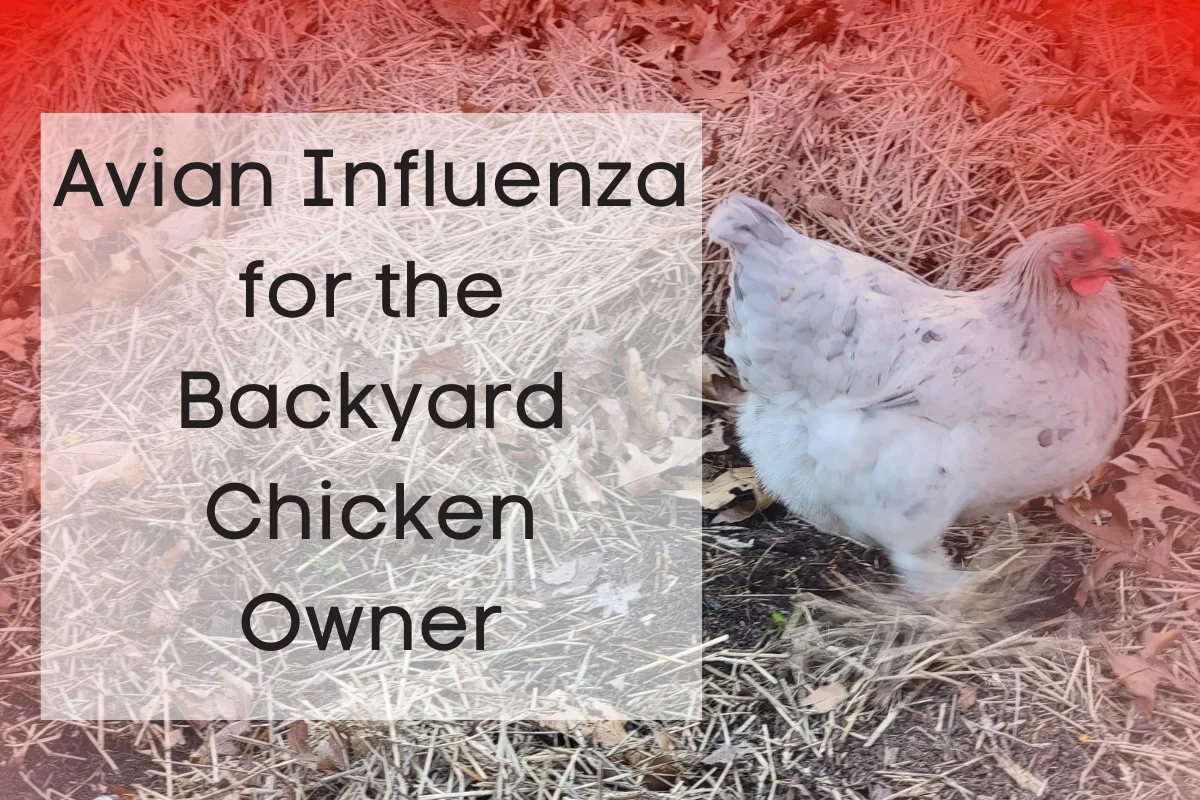
If in case you’ve a yard flock, two phrases may make your coronary coronary heart skip a beat – avian influenza.
HPAI has been splashed throughout the data for pretty some time, accompanied by statistics quoting the number of birds misplaced at industrial farms or buck portions in misplaced revenue. Nevertheless what does this sickness indicate for the yard rooster proprietor?
The Significance of Being Educated
With the uptick in circumstances in america and abroad, we at Rural Sprout actually really feel it’s obligatory for readers to have information related to small flock homeowners. Most information is geared in the direction of large farms and industrial setups. Whereas plenty of it is useful, it might be robust or pointless for the yard flock proprietor to undertake quite a lot of the practices they advocate. Our goal isn’t to be sensational or to shock you nevertheless barely to equip you with particulars concerning the probability to your flock, so you can take precautions to protect them.
I contacted Dr. John Boney, Assistant Professor of Poultry Science at Penn State Schoolto debate the hazards to yard poultry homeowners and what measures they’ll take to protect their birds. He’s working with the Penn State Extension to ship consciousness of this potential danger to farmers all through Pennsylvania.
Fortuitously, it’s easier to deal with the prospect to a yard flock resulting from its measurement. We’ll take a look on the sickness, the way in which it spreads, its indicators and what to do for many who assume you may have an contaminated fowl.
What’s Avian Influenza?
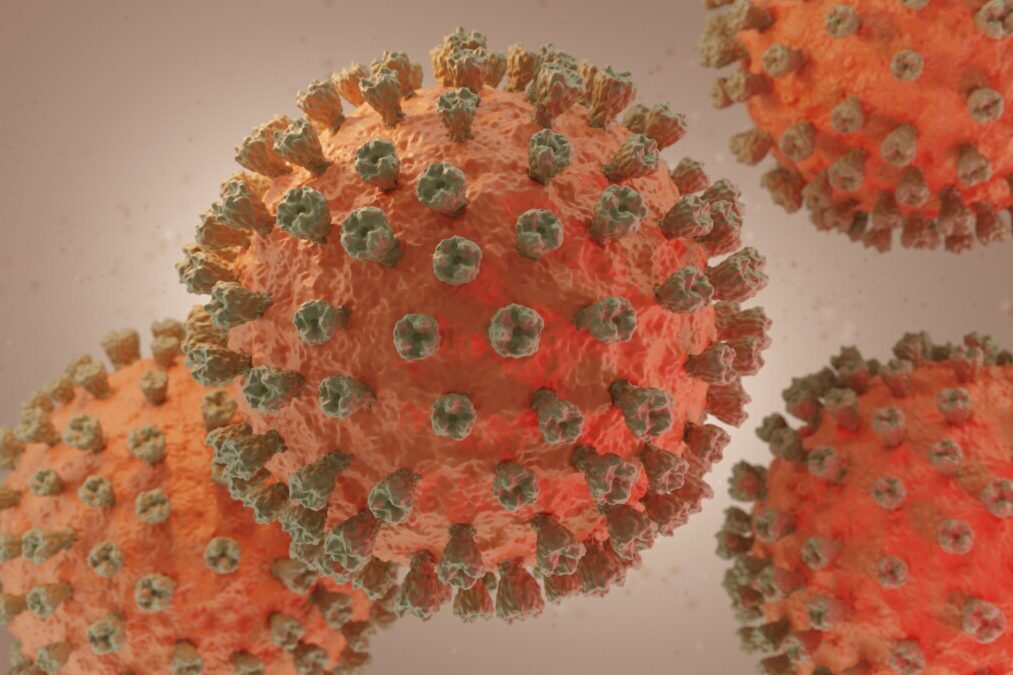
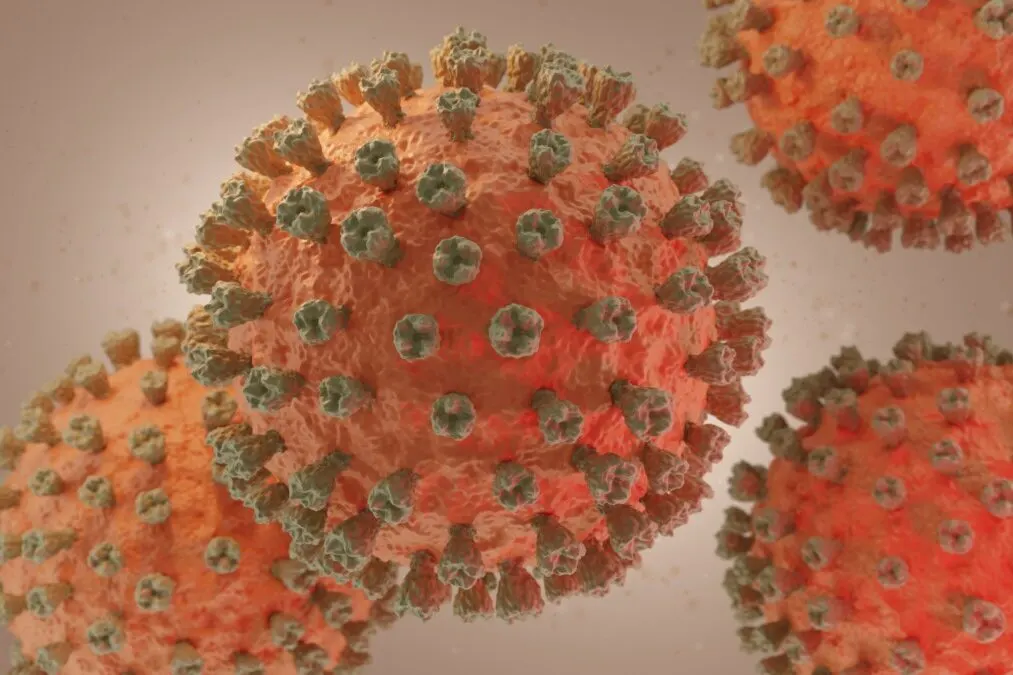
Avian influenza is a extraordinarily infectious virus that occurs naturally in wild migratory waterfowl worldwide. From Dr. Boney,
“This particular stress of extraordinarily pathogenic avian influenza is of Eurasian lineage. This virus is being transmitted from continent to continent by way of migrating waterfowl. This presents an unimaginable downside to poultry producers all around the world.”
Why is Avian Influenza so Dangerous?
Avian influenza is a huge downside for 3 causes:
- It’s extraordinarily infectious, with the potential of wiping out an entire flock
- Birds carrying the virus can current no indicators
- The sickness strikes shortly, with the foremost “symptom” being sudden and unexplained mortality
Chickens, turkeys and residential geese are all inclined, so you can take into consideration the panic throughout the industrial poultry commerce. It’s no a lot much less worrying for these of us with birds we take into consideration pets.
How Does it Unfold?
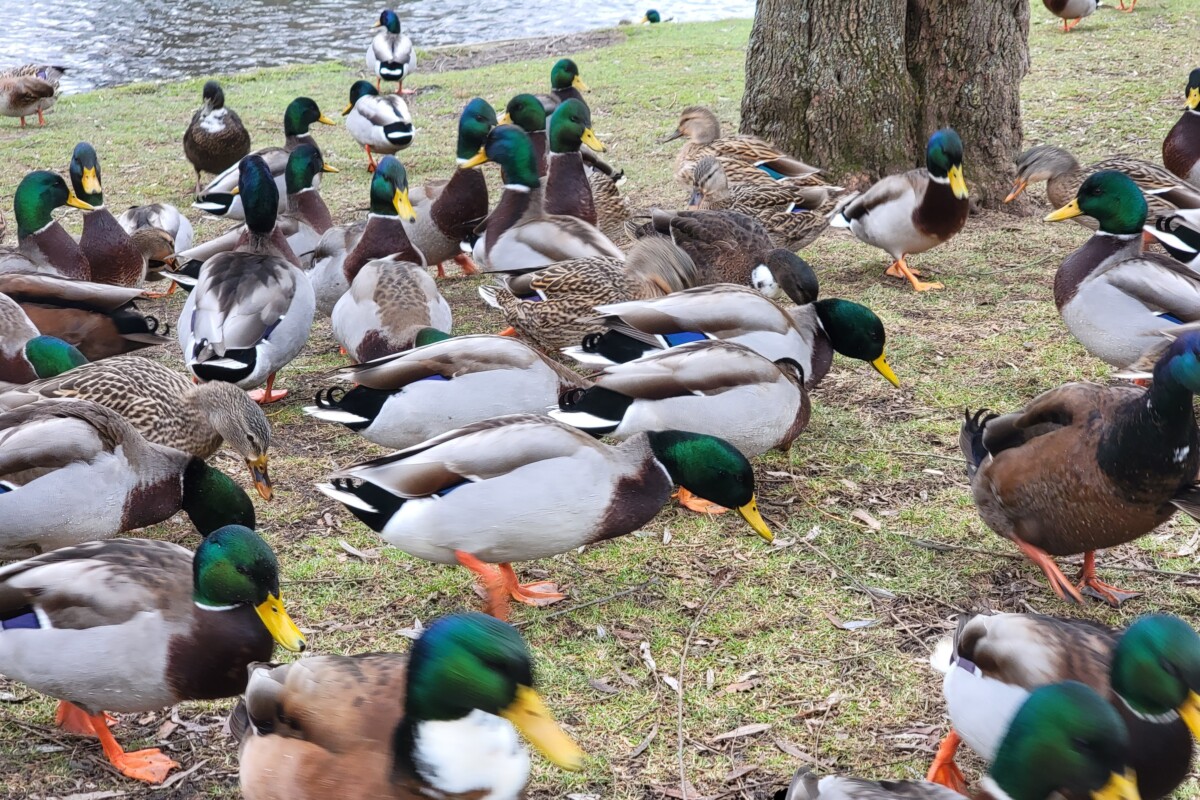
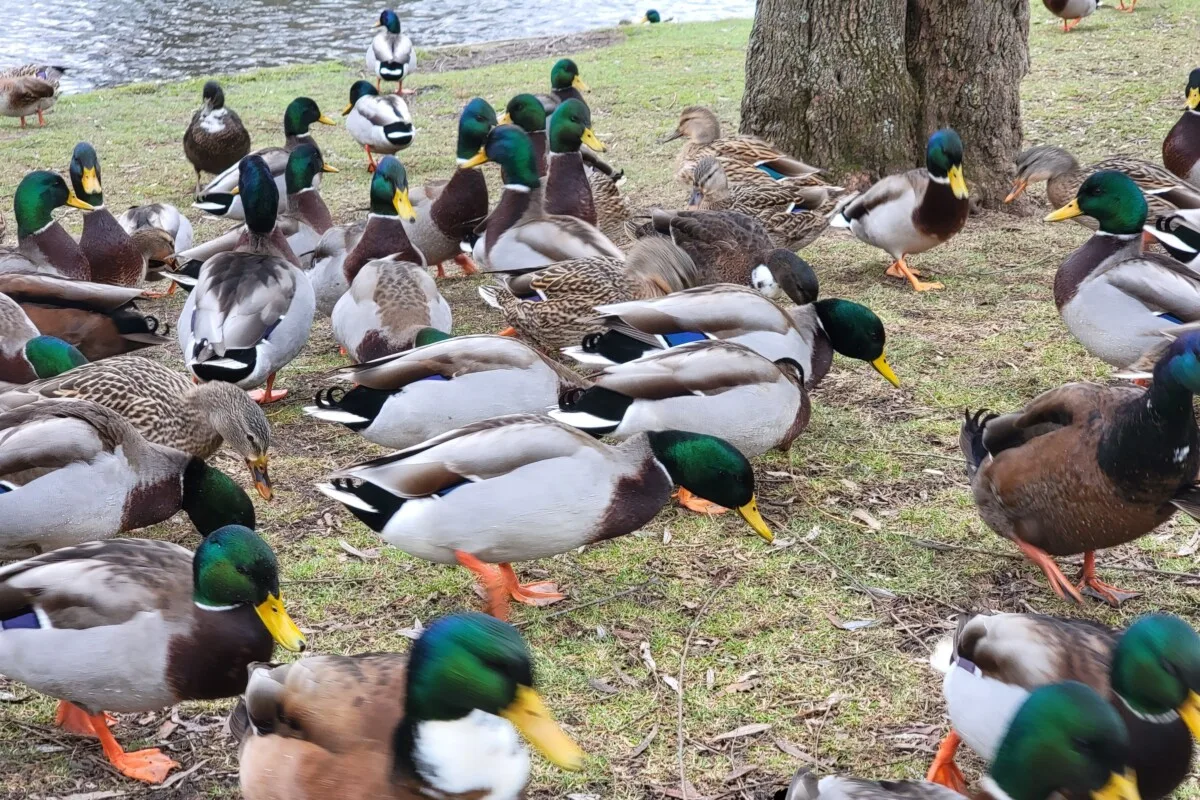
Migratory waterfowl are the pure carriers of avian influenza. This consists of gulls, terns, herons, cranes and totally different shorebirds, moreover wild waterfowl similar to geese, geese, and swans. The virus spreads by way of contact with saliva, mucous, and feces, which can even be present on feathers and dander. Transmission usually occurs by way of contact with a sick fowl, or from contact with contaminated feces, feathers, and so forth., in an house the place waterfowl are present.
Straightforward strategies to Defend Your Yard Flock?
Dr. Boney urged that for the yard flock, it’s most likely not wise to implement a lot of the biosecurity measures which might be in place at large farms or industrial providers. Nevertheless he maintains that good biosecurity is the best technique to guard your birds.
Biosecurity Measures for the Yard Flock Proprietor
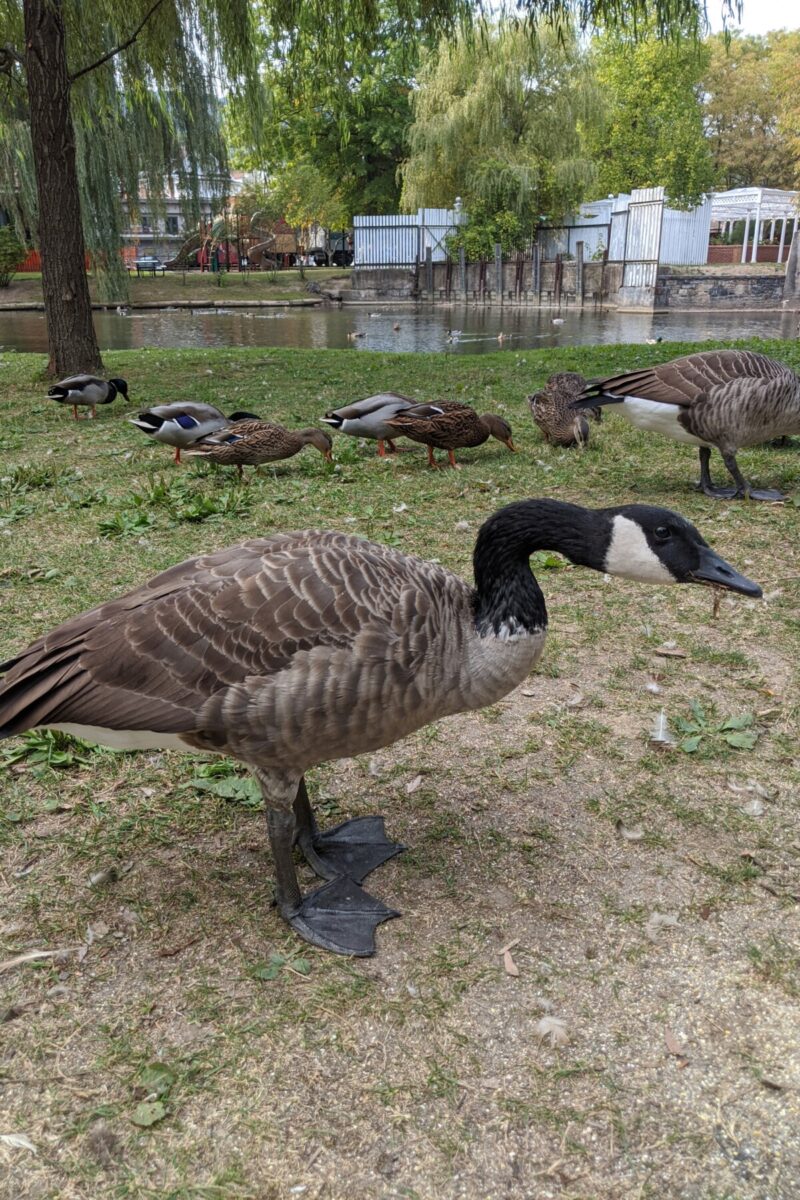
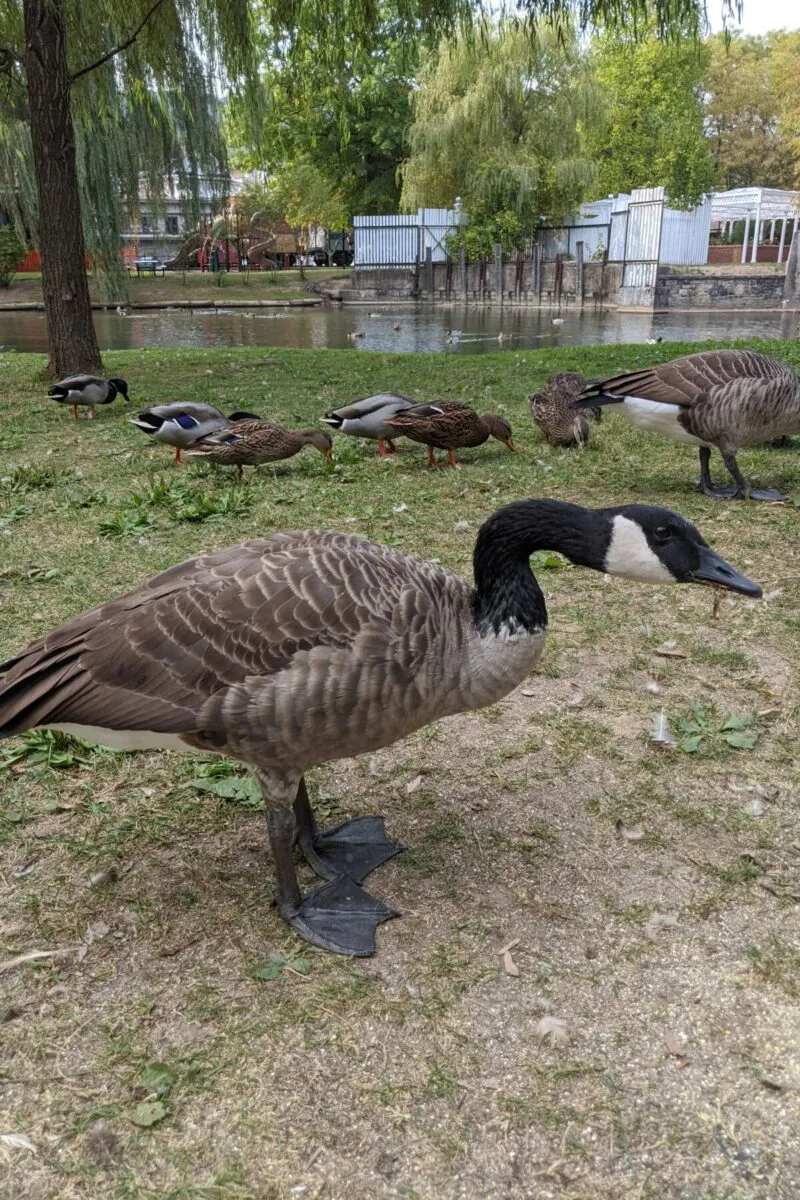
- Always pay attention to the place you’ve been sooner than coming into your rooster coop or coping with your birds. Once you’ve visited a park with waterfowl or someplace with one different flock present, change clothes sooner than coming into your rooster coop or coping with your birds.
- Always wash your fingers sooner than and after caring in your flock.
- Have a selected pair of footwear or boots you solely use when caring in your chickens. Do not placed on them wherever else.
- If in case you’ve mates or family visiting who even have chickens, do not permit them to cope with your birds.
The Largest Hazard Problem for Yard Flocks
All through our dialog, Dr. Boney talked about that the majority usually, when a yard flock contracted the sickness, there was a water attribute shut by that attracted migratory waterfowl similar to streams, rivers, or ponds. It’s not solely direct contact that you just would possibly wish to worry about. The sickness may be transmitted by way of feces and feathers lying on the underside. Contaminated waterfowl passing overhead can present a menace as feathers and dander are shed in flight.
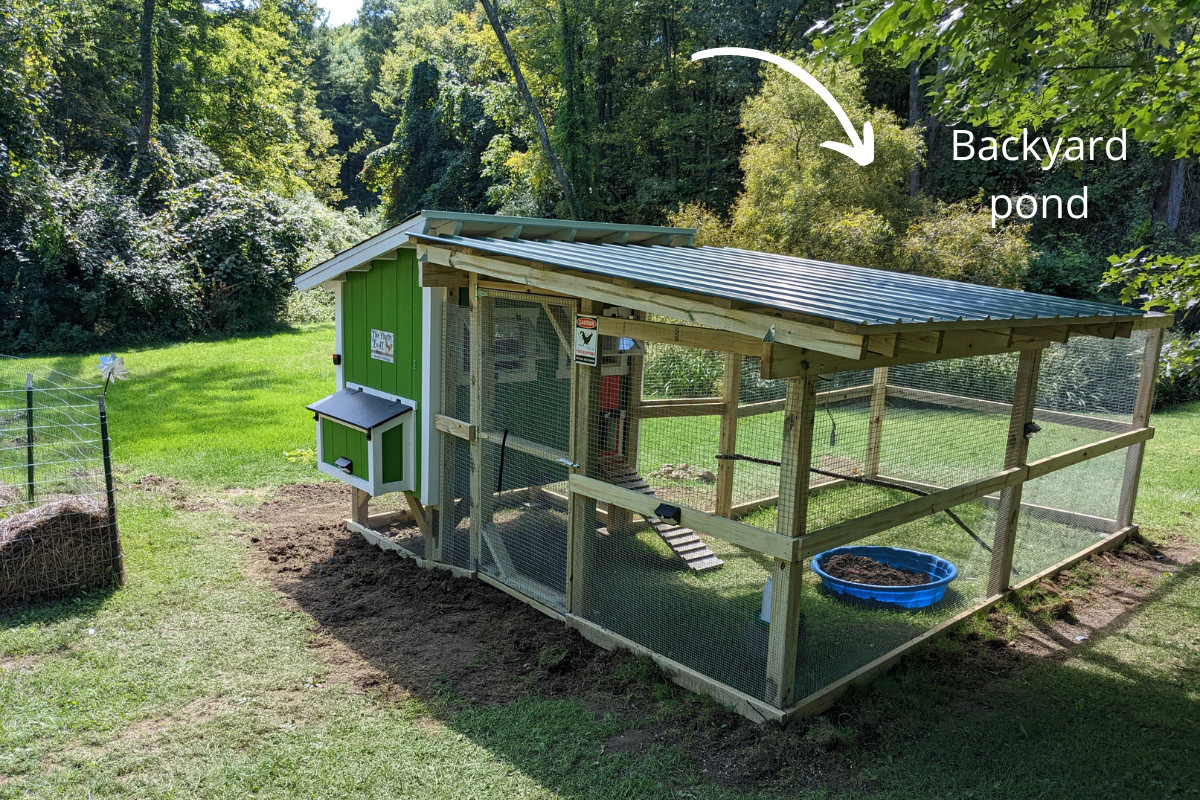
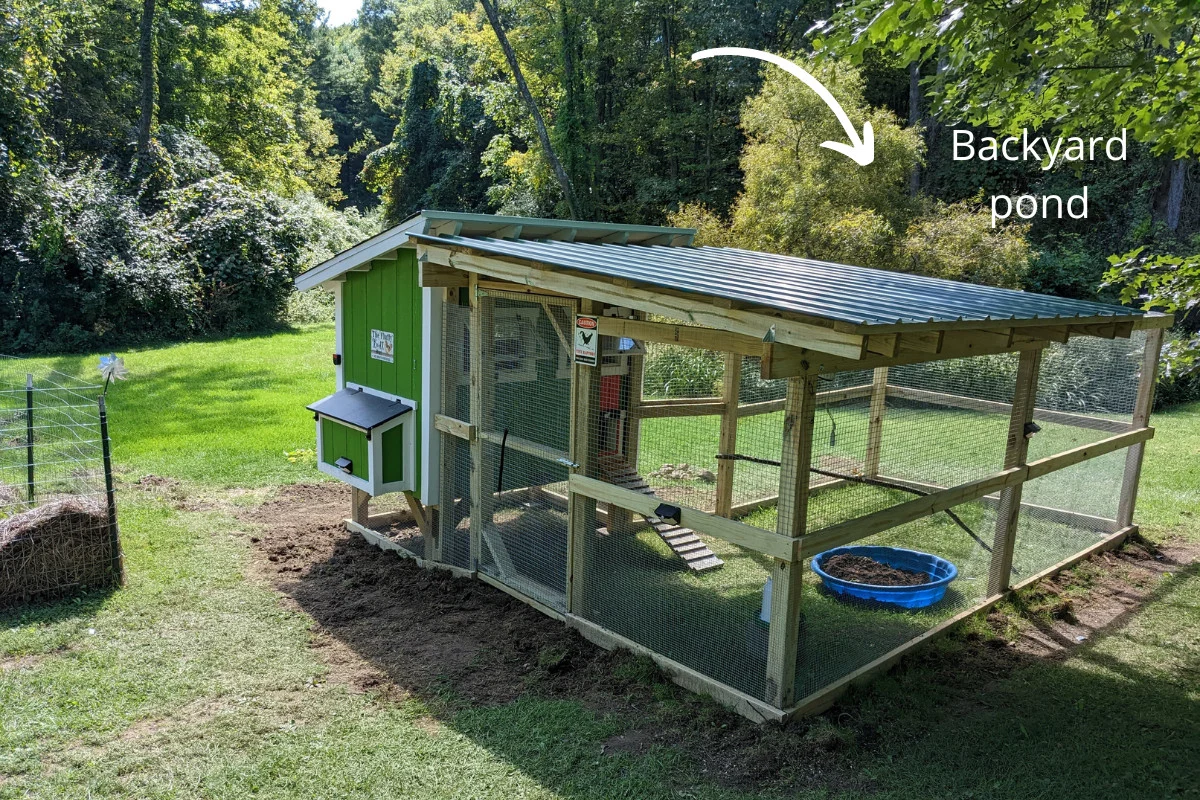
Dr. Boney urged sustaining your flock contained and by no means letting them free-range whenever you’ve acquired waterfowl present in our our bodies of water near you. All through peak avian flu season (all through migration, October by way of February) or in areas the place the virus has been reported, it’s most interesting to take care of the birds inside their coop to forestall an an infection.
Shopping for Chicks or Totally different Birds to Add to Your Current Flock
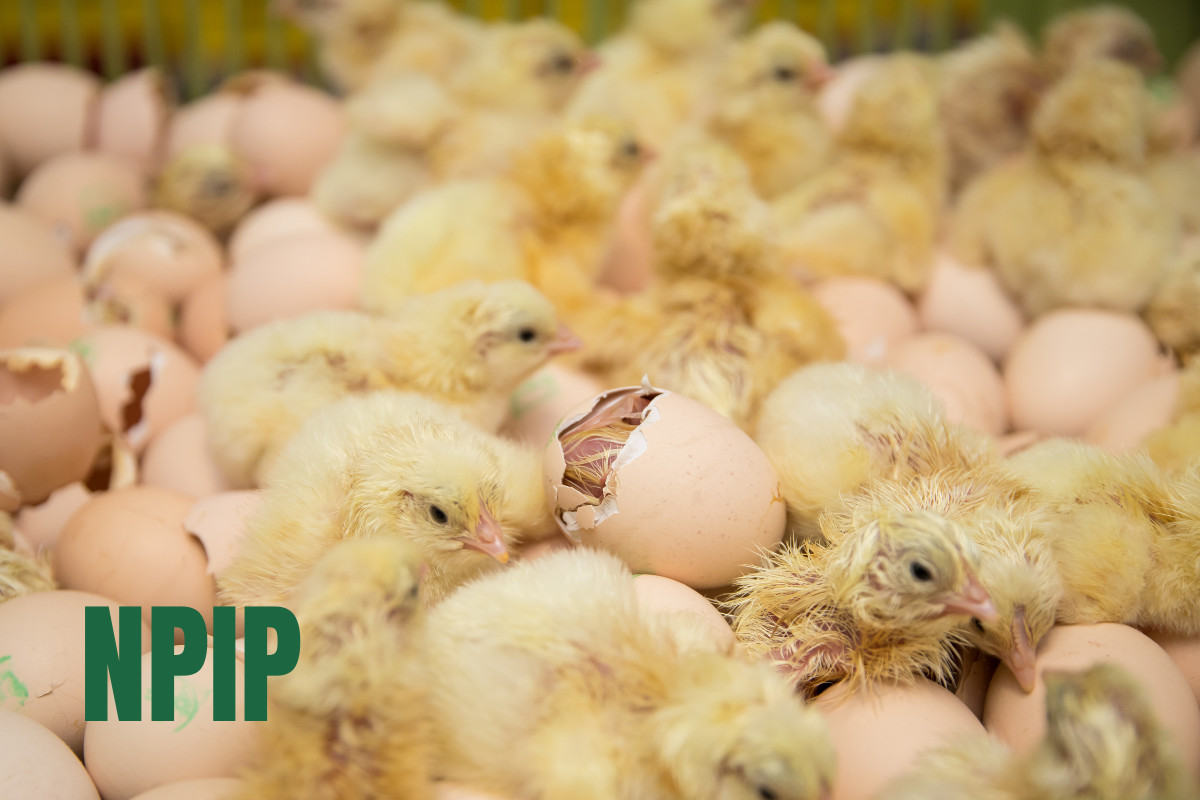
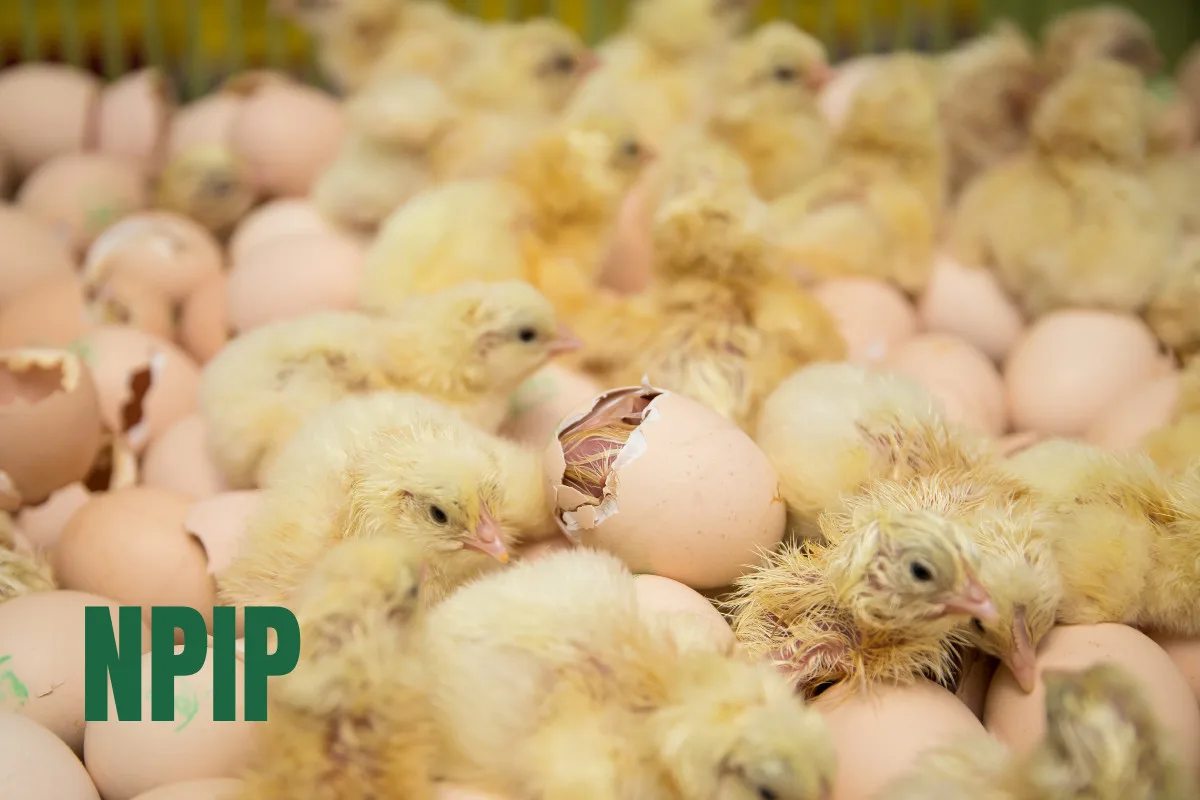
Once you’re shopping for birds, it’s always most interesting to seek for an NPIP-certified hatchery. The Nationwide Poultry Enchancment Plan is a voluntary program that every industrial poultry providers and hobbyist poultry keepers might be a part of. Members work with state officers to certify that their flocks are free of specific sicknesses.
There are lots of swaps marketed in native Fb poultry groups and birds on the market on Craigslist. For many individuals, that may be a easy technique in order so as to add new breeds to our flock with out having to fulfill a minimal fowl purchase. Nonetheless, this comes with the prospect of exposing your current flock to sickness.
Dr. Boney advises you to quarantine new birds for 2-3 weeks the place they obtained’t have contact collectively along with your flock. Always attend to your established flock first and wash your fingers successfully sooner than tending to the model new birds. This style, if the model new birds carry one factor infectious, you’re a lot much less vulnerable to transmit it to your flock.
What to Look For
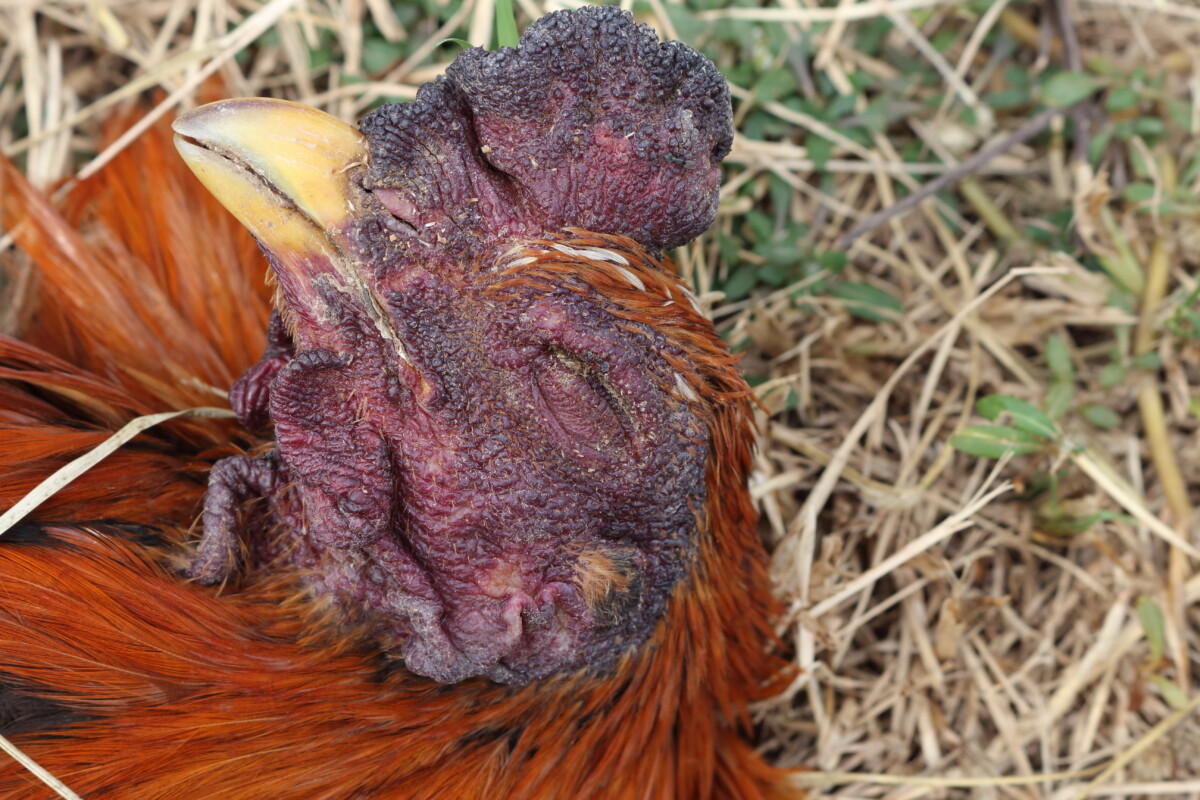
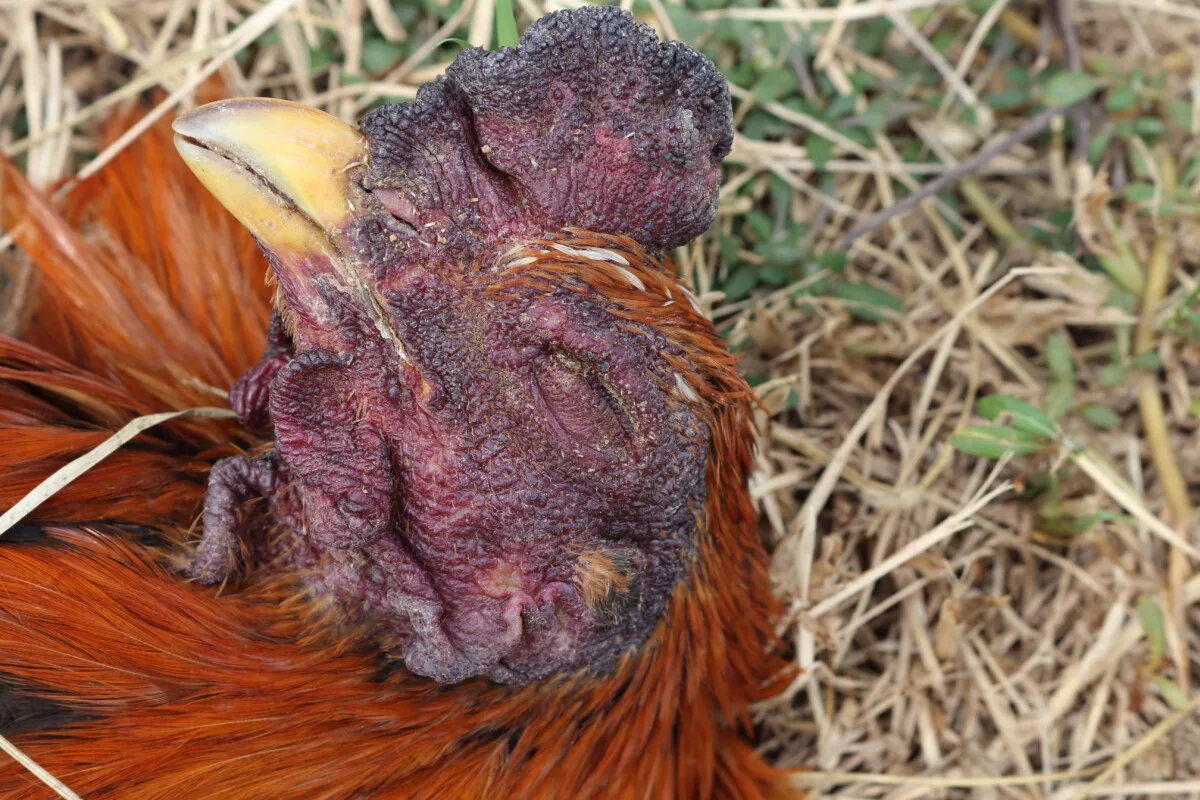
As we talked about, the reason this sickness is such a difficulty is that birds carrying it might not have any seen indicators. Usually the first “symptom” is the sudden lack of lifetime of a fowl. Chickens are masters at hiding sickness to forestall henpecking, which makes trying ahead to indicators much more sturdy. Once you dwell in an house the place avian influenza has been reported, attain out to your native extension office for further specific suggestion on how one can defend your flock.
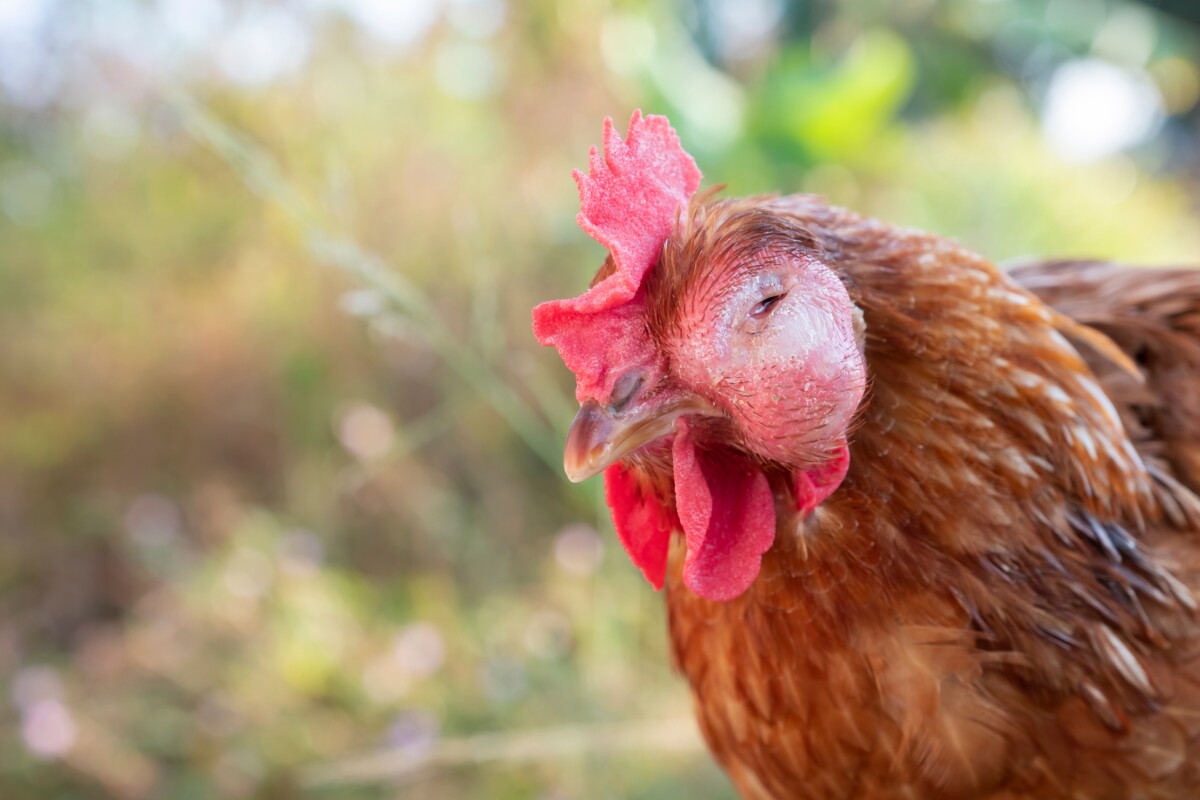
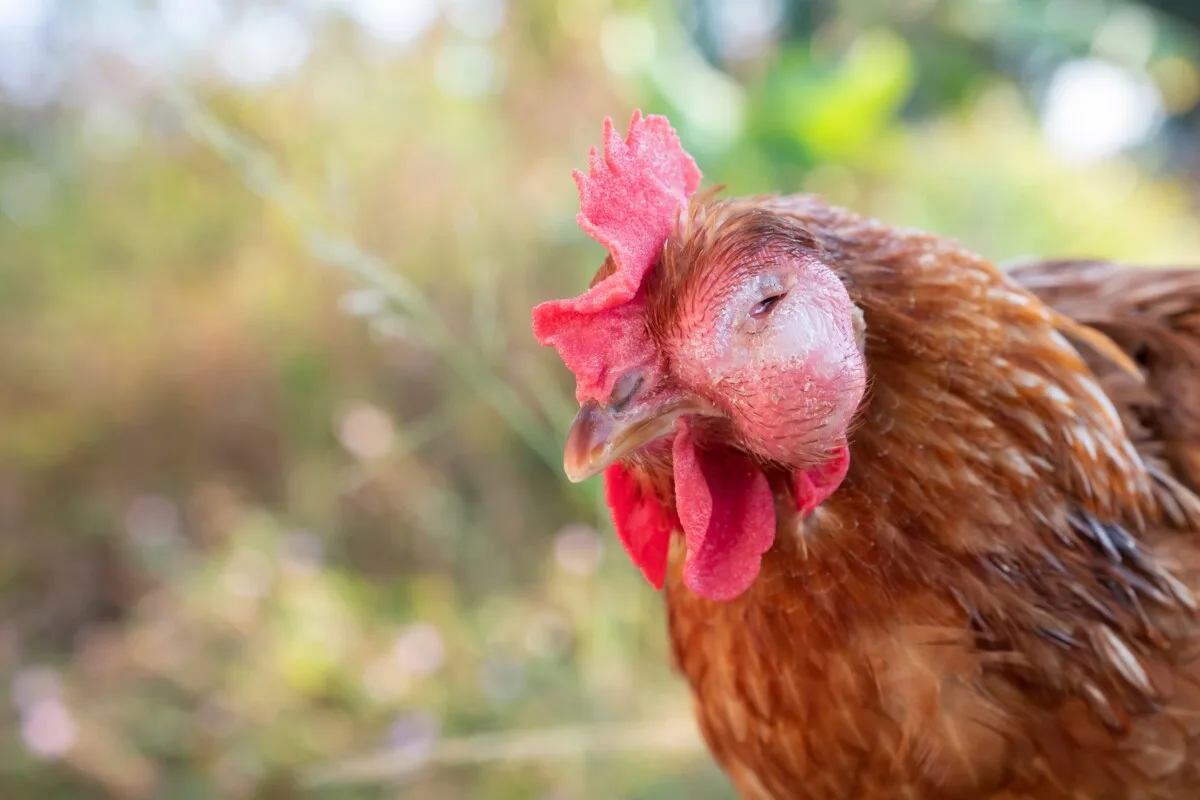
Indicators of Avian Influenza Embrace:
- A sudden lack of a fowl or birds, usually with none sign of illness
- Not consuming or consuming
- Lethargy or an absence of vitality
- A decrease in egg laying
- Mushy-shelled, thin-shelled, or misshapen eggs
- Swelling or purple discoloration (very similar to the color of a bruise) of the comb, eyelids, or legs
- Problem respiration
- Coughing, sneezing, and/or nasal discharge
- Problem strolling, stumbling
- Holding the top or twisting the neck in an odd place
- Diarrhea
What Should I Do If I Assume I Have a Sick Chook?
Isolate the fowl from the rest of your flock, and placed on gloves and a masks whenever you’ve acquired them on the market. Make certain you wash your fingers completely and alter your clothes after coping with the fowl. You want to lower the prospect of spreading the sickness in your flock.
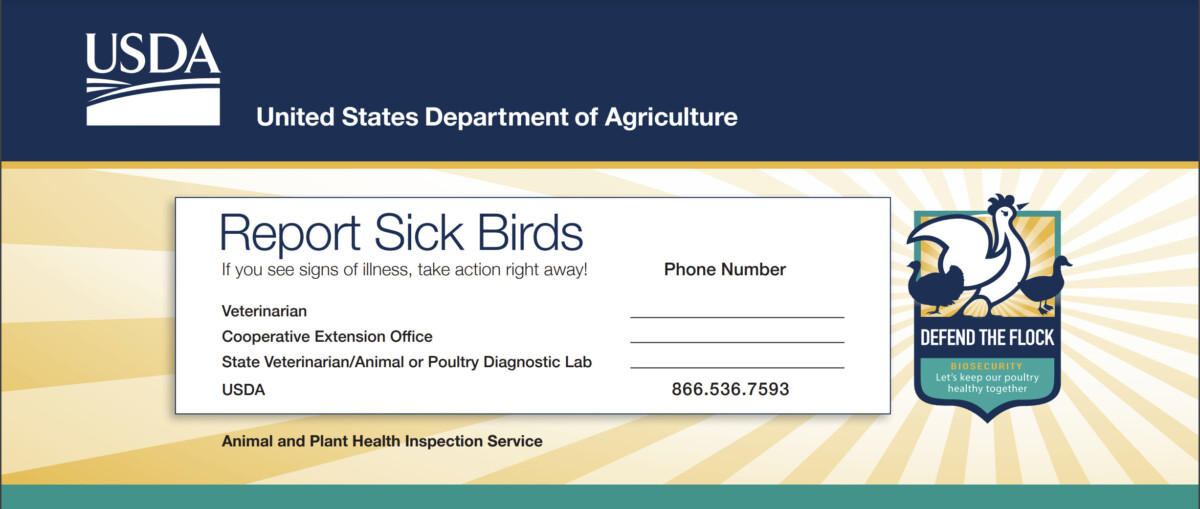
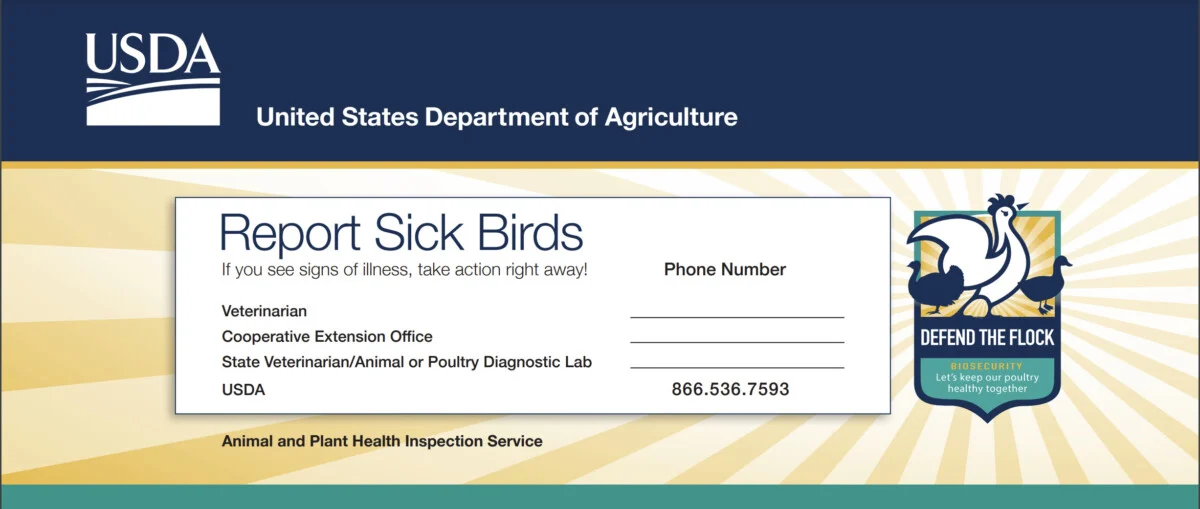
Title the USDA sick fowl hotline – a quick Google search for “USDA sick fowl hotline” will even pop up your state’s hotline throughout the outcomes.
You might be linked with a vet who will triage your title and decide what steps to take. This may increasingly often embrace having a vet come out to examine your flock (with a swab) for HPAI.
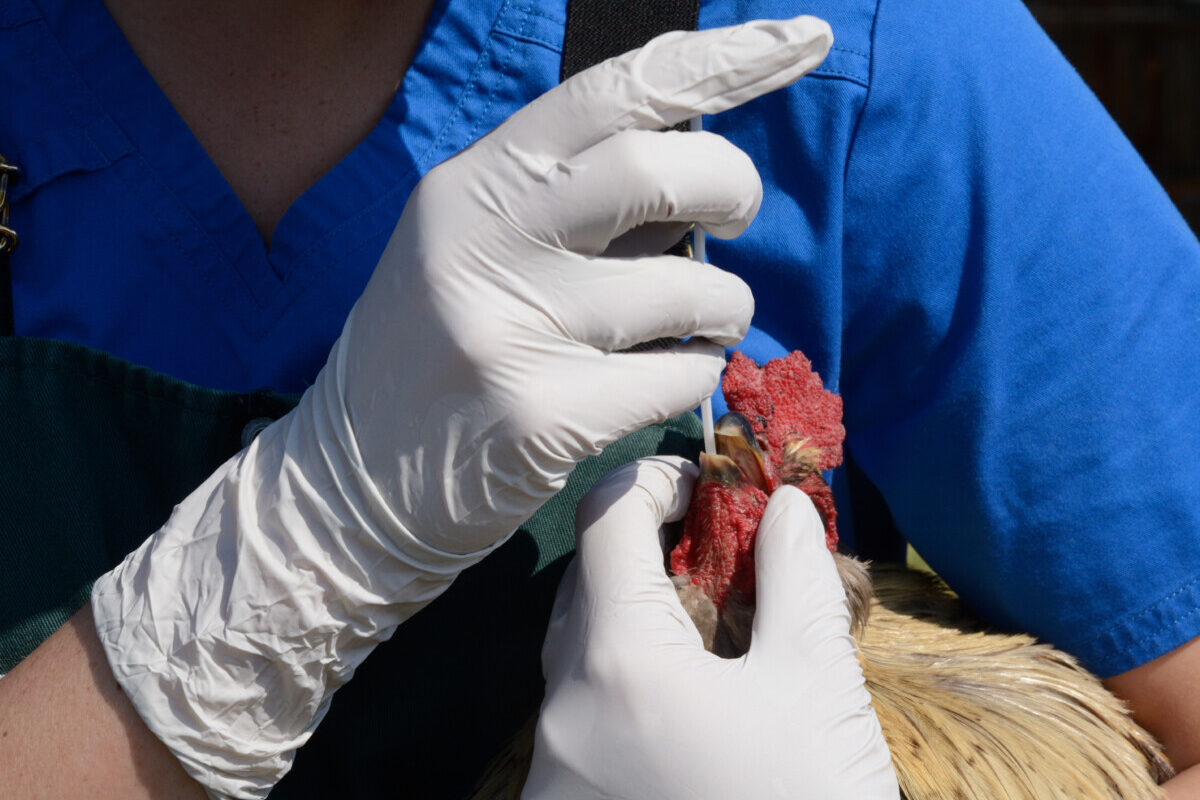
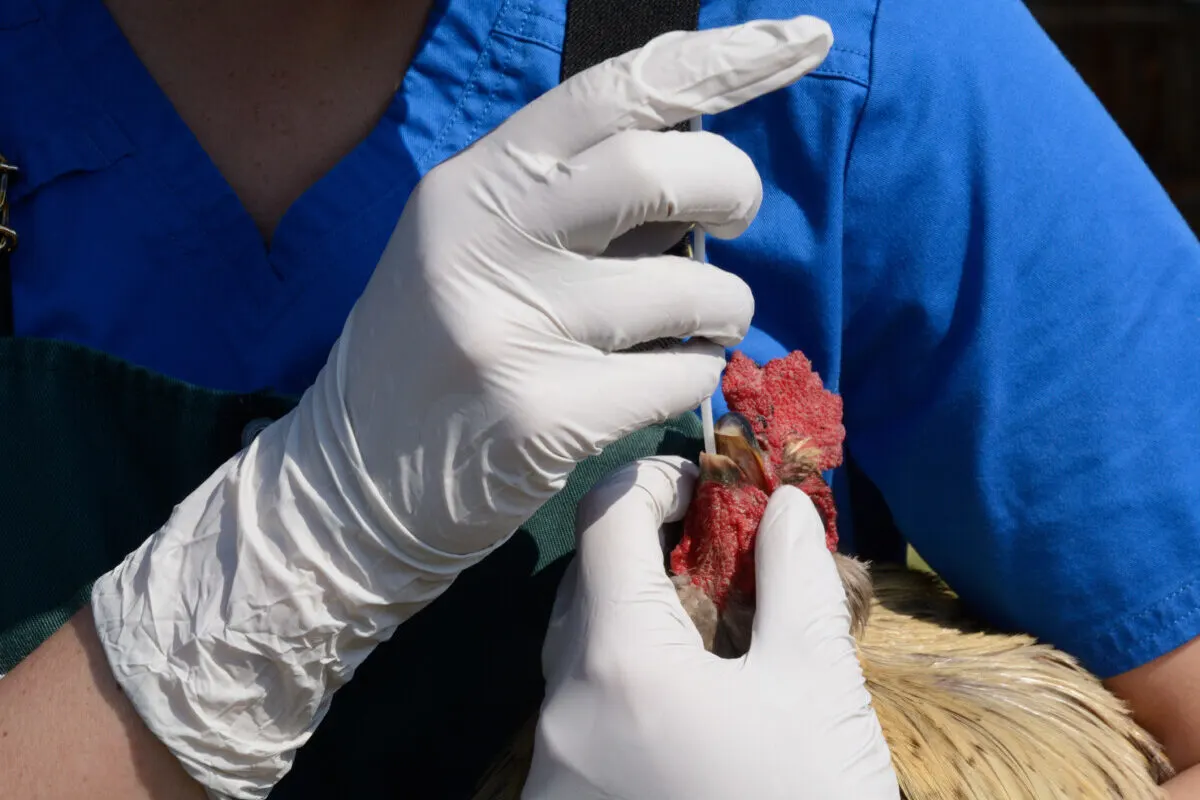
Are Totally different Pets or Folks at Hazard?
Whereas it has occurred that some mammals and other people have contracted avian influenza, it’s unusual. Sooner than you freak out an extreme quantity of, let me repeat that – it’s unusual. There was one human an an infection throughout the States from this present outbreak. (CDC Avian Flu Summary)
Pets recognized to eat poultry are these further liable to turning into contaminated. Take this into consideration when letting canine or cats open air near our our bodies of water with waterfowl; that options strolling them in public parks which have migratory waterfowl present. Hunters who use canine to retrieve waterfowl ought to focus on the prospect.
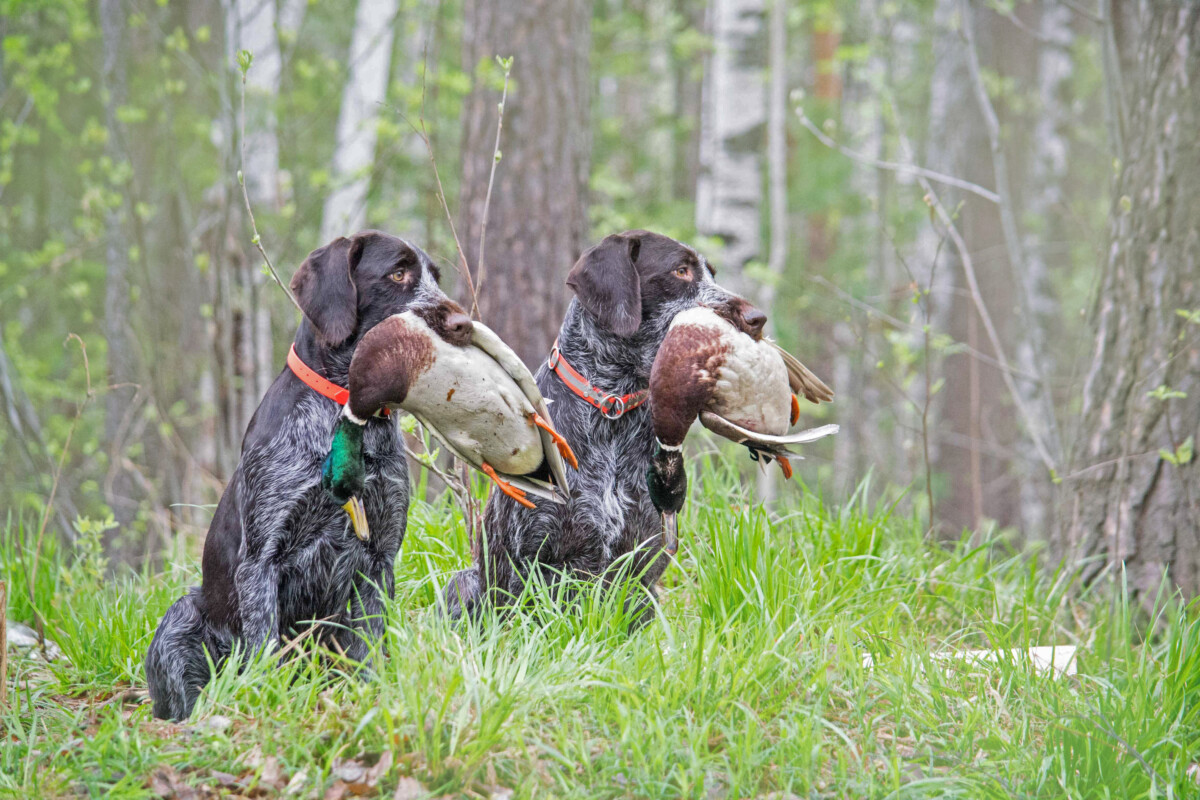
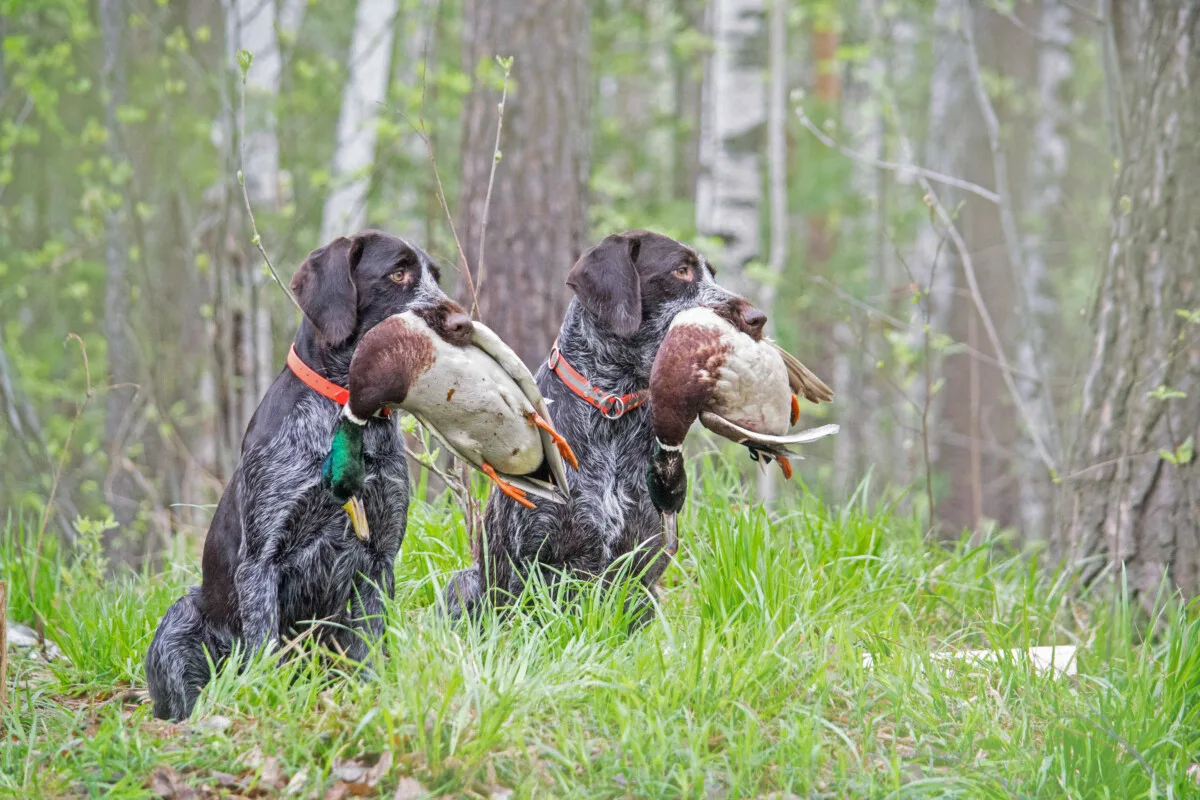
As soon as extra, transmission to pets is not a typical incidence, nevertheless the chance does exist.
The hazard is way much less that your pet would grow to be contaminated, and additional that they could carry contaminated feces, feathers, or dander once more to your birds at home.
Chances are you’ll be taught further about pet transmission on the CDC.
Human an an infection from a fowl is even a lot much less most likely than your pets getting it. Nevertheless as soon as extra, the probability exists. It usually happens when a person has a protracted or repeated publicity to an contaminated fowl. The CDC retains shut tabs on human transmission.
“…as a result of probability that fowl flu viruses might change and purchase the pliability to unfold merely between people, monitoring for human an an infection and person-to-person unfold is very obligatory for public nicely being.”
As soon as extra, head over to the CDC to be taught further about it.
Our Accountability as Yard Flock Owners
Yard flocks have exploded in fame over the previous few a few years. Nevertheless this growth hasn’t been simple, notably for metropolis rooster homeowners. Of us have labored arduous to influence metropolis and metropolis councils throughout the US to fluctuate outdated authorized pointers, allowing more and more extra people to take care of chickens of their backyards.
For many people, our birds are pets. We have the benefit of their goofy personalities and develop pretty hooked as much as these lovable chickens. It’s as a lot as you to find out strategies to make use of this information to protect your flock and think about the prospect for you, your birds and the place you reside. As yard rooster homeowners, we’re liable for defending our flocks and reporting suspected circumstances. In doing so, we’re defending all people’s flocks.
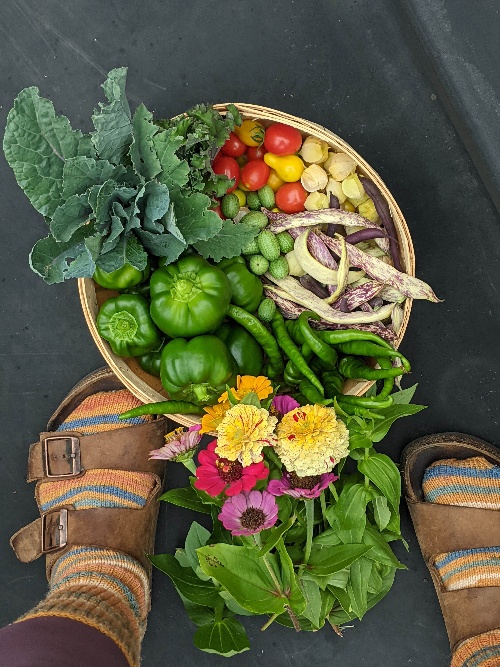
Get the well-known Rural Sprout publication delivered to your inbox.
Along with Sunday musings from our editor, Tracey, along with “What’s Up Wednesday” our roundup of what’s in season and new article updates and alerts.















Leave a Reply